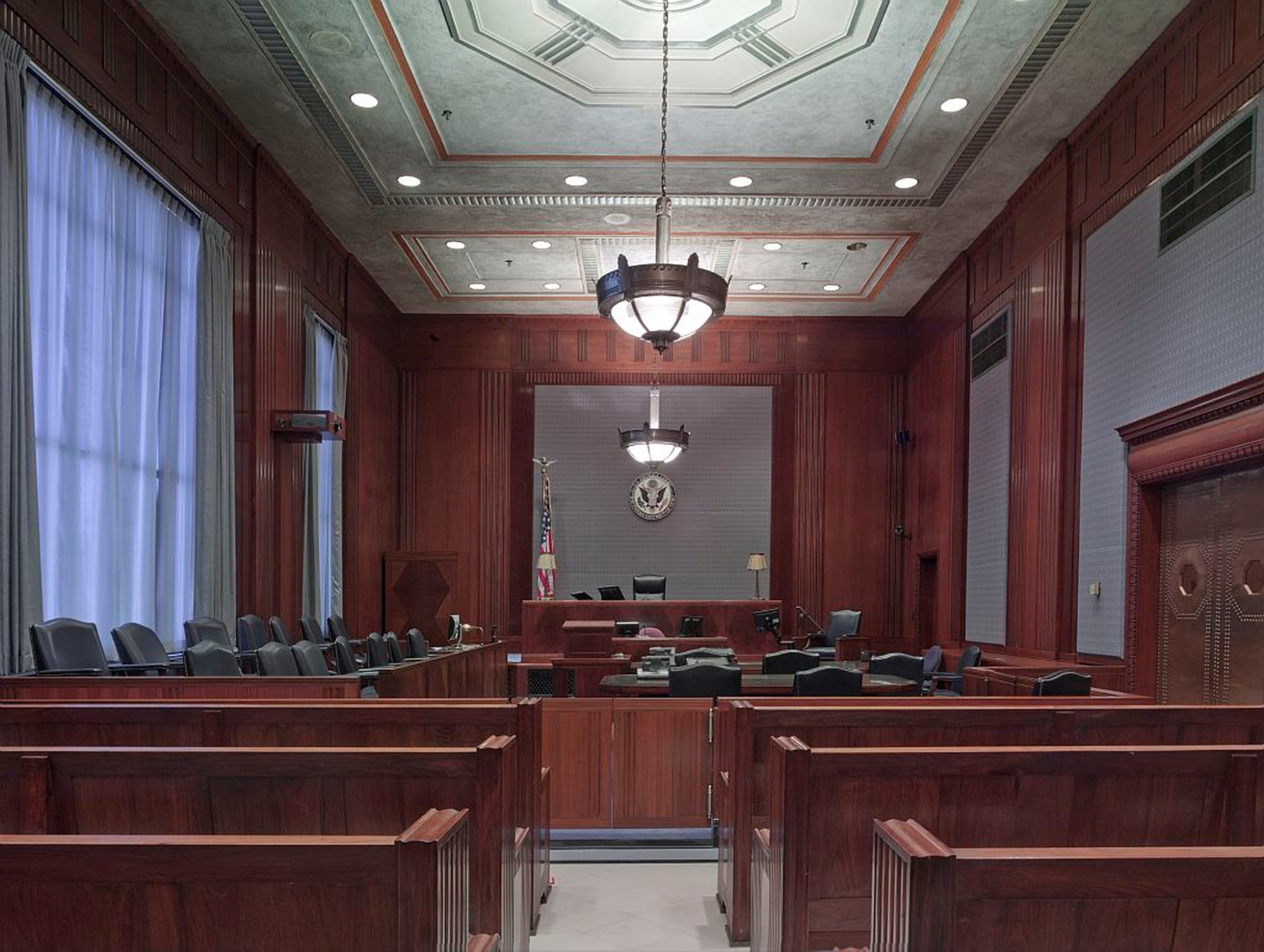
For all the talk about corporate crime, very few corporations are actually charged with criminal offenses. Of the more than half a million cases in Violation Tracker, all but a couple of thousand involve civil matters, and many of those categorized as criminal are misdemeanor environmental cases. A much smaller set of companies have faced felony charges, and an even smaller group have pled guilty to such offenses more than once.
And then there is PG&E. The giant California utility has faced scores of felony charges and has pled guilty or been convicted in several cases involving accusations of criminal negligence and involuntary manslaughter–the corporate equivalent of murder. All these cases have involved allegations that the company’s widespread failure to properly maintain its equipment played a major role in causing a series of deadly wildfires.
Recently, PG&E completed a five-year period of felony probation, with the presiding judge issuing a scathing report on the company’s failure to change its ways. “Rehabilitation of a criminal offender remains the paramount goal of probation,” wrote U.S. District Judge William Alsup of the Northern District of California. “During these five years of criminal probation, we have tried hard to rehabilitate PG&E. As the supervising district judge, however, I must acknowledge failure.”
That’s Judge Alsup’s way of softening the impact of the following passage, which makes it clear the failure was most definitely that of the company:
While on probation, PG&E has set at least 31 wildfires, burned nearly one and one-half million acres, burned 23,956 structures, and killed 113 Californians. PG&E has pled guilty to 84 manslaughter charges for its ignition of the 2018 Camp Fire in Butte County, is facing five felony and 28 misdemeanor counts arising out of the 2019 Kincade Fire in Sonoma Case County (that county’s largest wildfire ever), is facing pending involuntary manslaughter charges arising out of the 2020 Zogg Fire in Shasta County, and is facing a civil suit by five counties arising out of the 2021 Dixie Fire (and may face criminal charges as well). The Dixie Fire, the second largest in California history, alone required 1,973 personnel to extinguish. So, in these five years, PG&E has gone on a crime spree and will emerge from probation as a continuing menace to California.
This amounts to one of the strongest condemnations of corporate behavior ever to come from a judge in a U.S. court. Judge Alsup puts much of the specific blame on PG&E’s insistence on using independent contractors, many of whom turned out to be unreliable, to carry out its obligation to clear vegetation near power lines—rather than incurring the expense of hiring and properly training employees to do the job. He also cited the company’s “obsession” with keeping power lines operating (and customer meters turning) rather than temporarily de-energizing lines known to be a serious fire hazard because of downed trees and limbs.
Judge Alsup notes that various parties have urged him to extend the company’s probation, but he states that he does not have clear authority to do so. It’s also unclear what would be the point. As the judge wrote, probation is supposed to bring about rehabilitation. Probation violators are sent back to prison.
PG&E clearly has not been rehabilitated, and the prison option is not applicable to a corporation. What would make more sense is a radical restructuring of the company, turning it into something other than a profit-maximizing machine that shows little regard for human life. There has been talk of a state takeover or a conversion into a cooperative, but these proposals appear not to have gone very far.
Our legal system has a hard time dealing with brazen miscreants such as PG&E. It would help if corporate executives could be held more personally accountable for such behavior. Enacting these changes would be easier if the politicians now screaming about the uptick in street crime showed a similar concern about crime in the suites.


